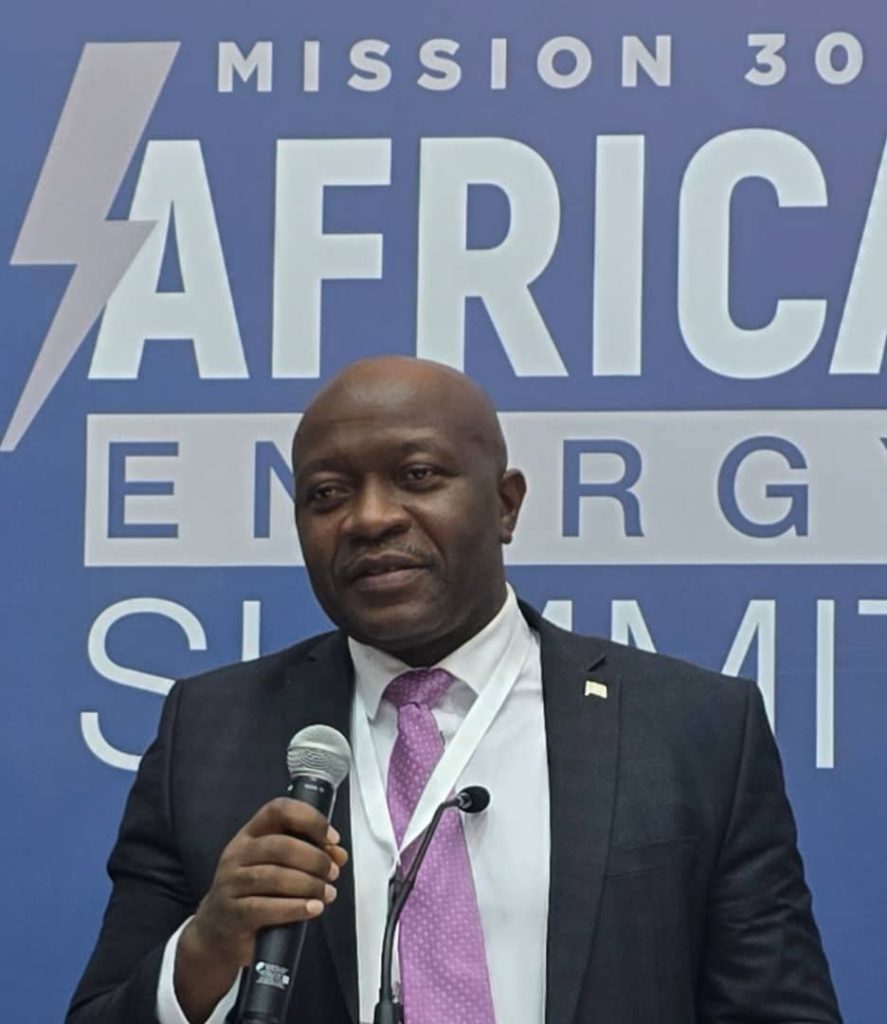Liberia’s pursuit of energy security and expanded access to electricity took a significant step forward with the submission of its “National Energy Compact” proposal at the Africa Energy Summit in Dar es Salaam, Tanzania, in January 2025. This comprehensive plan, presented to potential financiers like the African Development Bank and the World Bank, outlines Liberia’s ambitious goals for enhancing its energy infrastructure, increasing the share of renewable energy sources, and dramatically improving access to electricity for its citizens. The compact aligns with the broader continental initiative, Mission 300, which aims to connect 300 million people in Sub-Saharan Africa to electricity by 2030. Liberia’s proposal represents a crucial step in its journey towards a more sustainable and electrified future.
The Liberian delegation, comprised of key officials from the finance, energy, and rural development sectors, underscored the country’s commitment to this transformative initiative. Finance Minister Augustine Ngafuan emphasized the significance of the World Bank and African Development Bank partnership in driving Mission 300, highlighting its potential to accelerate electrification, promote cleaner energy sources, and stimulate economic growth and job creation across the region. The compact itself details specific strategies for achieving these goals within the Liberian context.
At the heart of Liberia’s compact proposal lies a multifaceted approach to transforming its energy landscape. The plan prioritizes expanding transmission and distribution networks to reach a wider population and maximizing the utilization of the CLSG regional electricity network, a crucial cross-border power infrastructure project. The proposal also champions the integration of Distributed Renewable Energy (DRE) solutions and clean cooking technologies, recognizing their potential to provide localized and sustainable energy access, particularly in rural areas. These efforts are further complemented by a focus on attracting private sector investment and strengthening the financial stability of existing utilities, ensuring the long-term viability of the energy sector.
The ambitious targets set within the compact demonstrate Liberia’s commitment to rapid and substantial progress. The proposal aims to connect an additional 30,000 households to electricity annually, reaching a total of 100,000 new connections each year. This ambitious goal is projected to increase the overall percentage of the population with access to electricity from the current 32.7% to 75% by 2030. This significant expansion in electricity access will have far-reaching positive impacts on various aspects of Liberian life, from supporting economic development and improving healthcare to enhancing education and overall quality of life.
The compact’s emphasis on renewable energy sources further underscores Liberia’s commitment to sustainable development. The plan aims to achieve a 75% share of renewable energy in the country’s energy mix. This will be achieved through the strategic development of hydro resources, leveraging the country’s abundant water resources, as well as the construction of a 20MW solar photovoltaic (PV) plant at Mt. Coffee and an additional 70MW of solar PV and Battery Energy Storage Systems (BESS) through an independent power purchase model. These initiatives will not only contribute to a cleaner environment but also enhance energy security and reduce reliance on fossil fuels.
In essence, Liberia’s Energy Compact represents a comprehensive roadmap for transforming the country’s energy sector. It outlines a series of commitments from both the Liberian government and international partners to accelerate electrification, promote renewable energy, and drive sustainable development. The compact’s ambitious targets, coupled with its focus on private sector engagement and regional integration, provide a strong foundation for achieving a more secure, sustainable, and prosperous energy future for Liberia. The signing of a declaration by President Joseph Nyuma Boakai and other African Heads of State further solidified the continent’s commitment to enhancing energy infrastructure and embracing innovative solutions for a brighter future.














